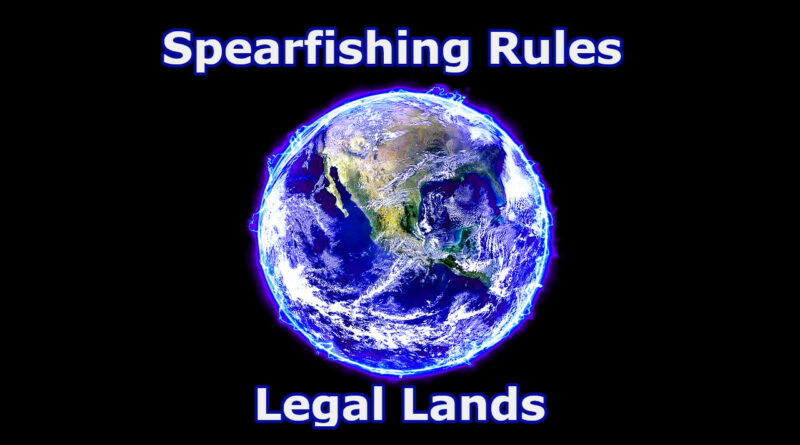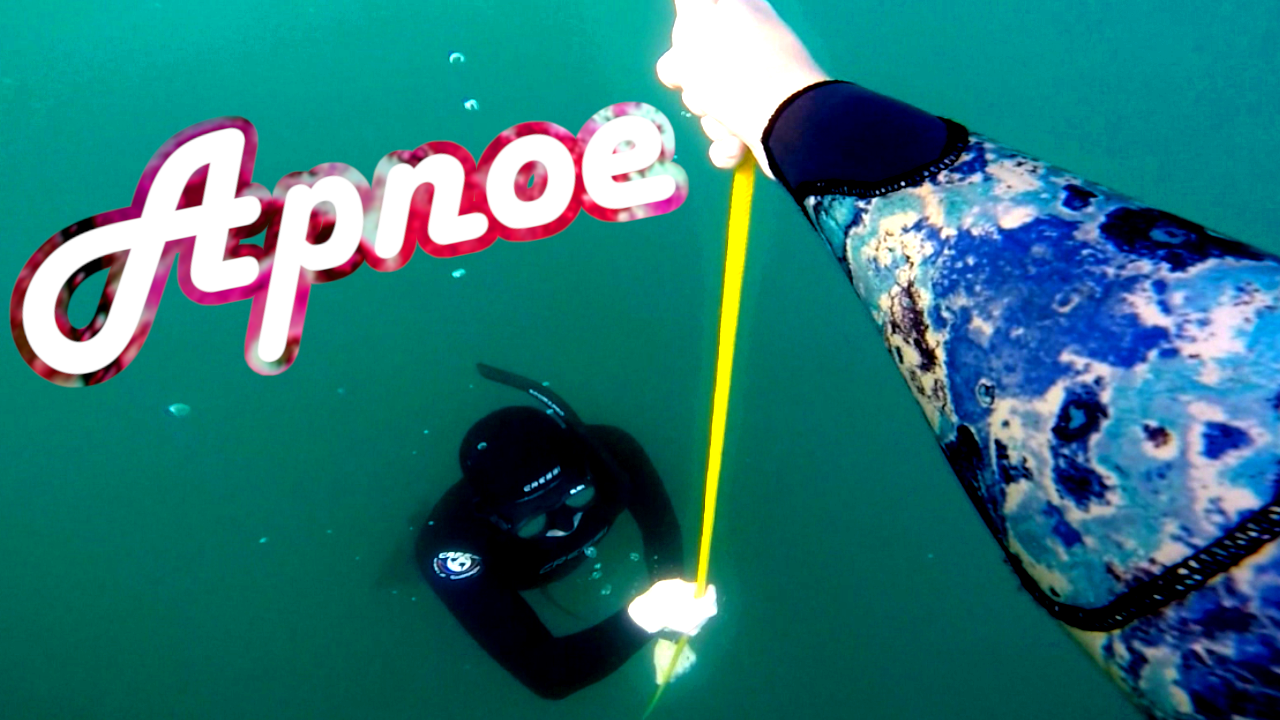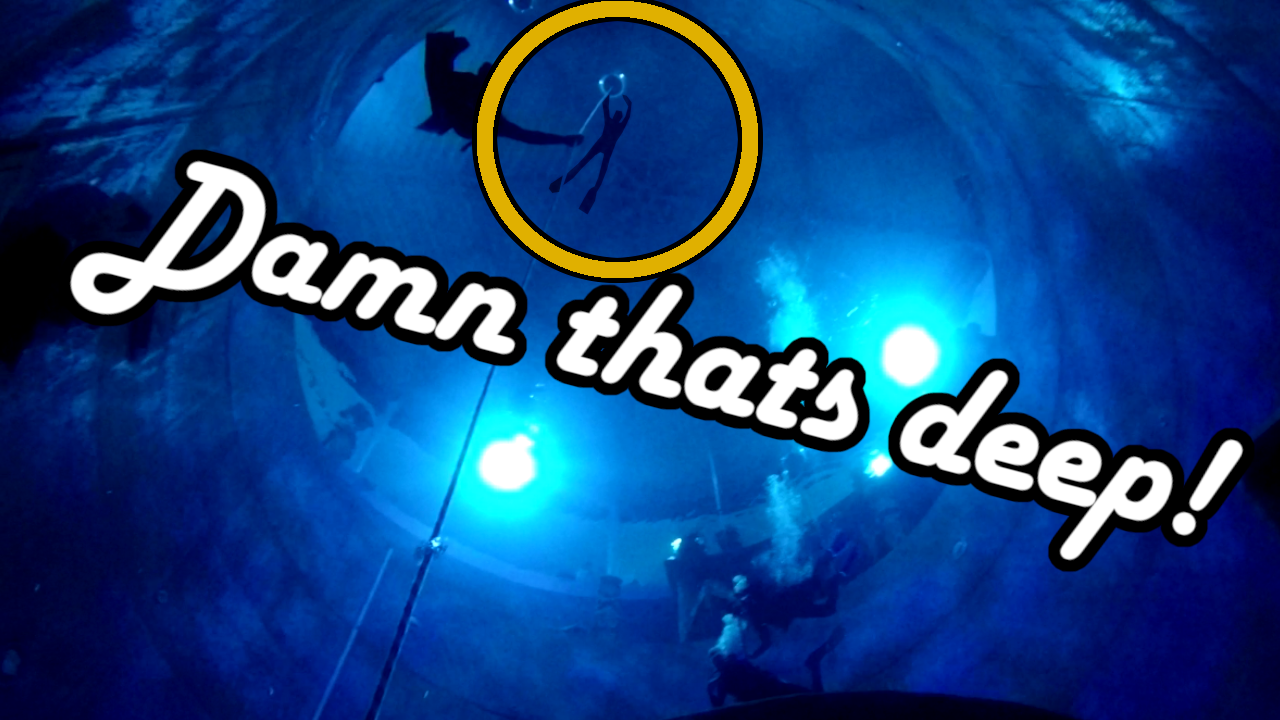Spearfishing Rules Worldwide – List – Legal Countries
Are you interested in the Spearfishing Rules Worldwide? But you don’t know what the rules and laws are in spearfishing countries around the world? Here you can find a list of legal countries.
A few rules apply to ALL countries, especially where spearfishing is allowed and I think it’s one of the absolute basic rules to follow when you’re around nature want to live.
- No spearfishing in harbors, harbor entrances, near fish farms or the strand (swimming beaches), a minimum distance of 200 meters is mandatory.
- There are minimum sizes for fish in every country, please stick to them, this serves to protect our nature and the very important offspring of the species.
- Excuses like ” I didn’t know the fish” or “underwater it looked bigger” do not apply! Don’t shot what you don’t know! And the most important principle is: ignorance does not protect against punishment
- A nature reserve is there to protect nature, stick to it and enjoy the underwater world without harpoon, this definitely has its appeal and you will soon realize that you have never seen so many fish. If you fish illegally in a nature reserve and get caught, God have mercy on you.
- A buoy reliably protects you from boats, a buoy with an Alpha diving flag is always part of your equipment!
In many countries you have to carry the licenses on your person, waterproof document bags are ideal for this. You simply attach it to your buoy
YUMQUA waterproof document pouch*
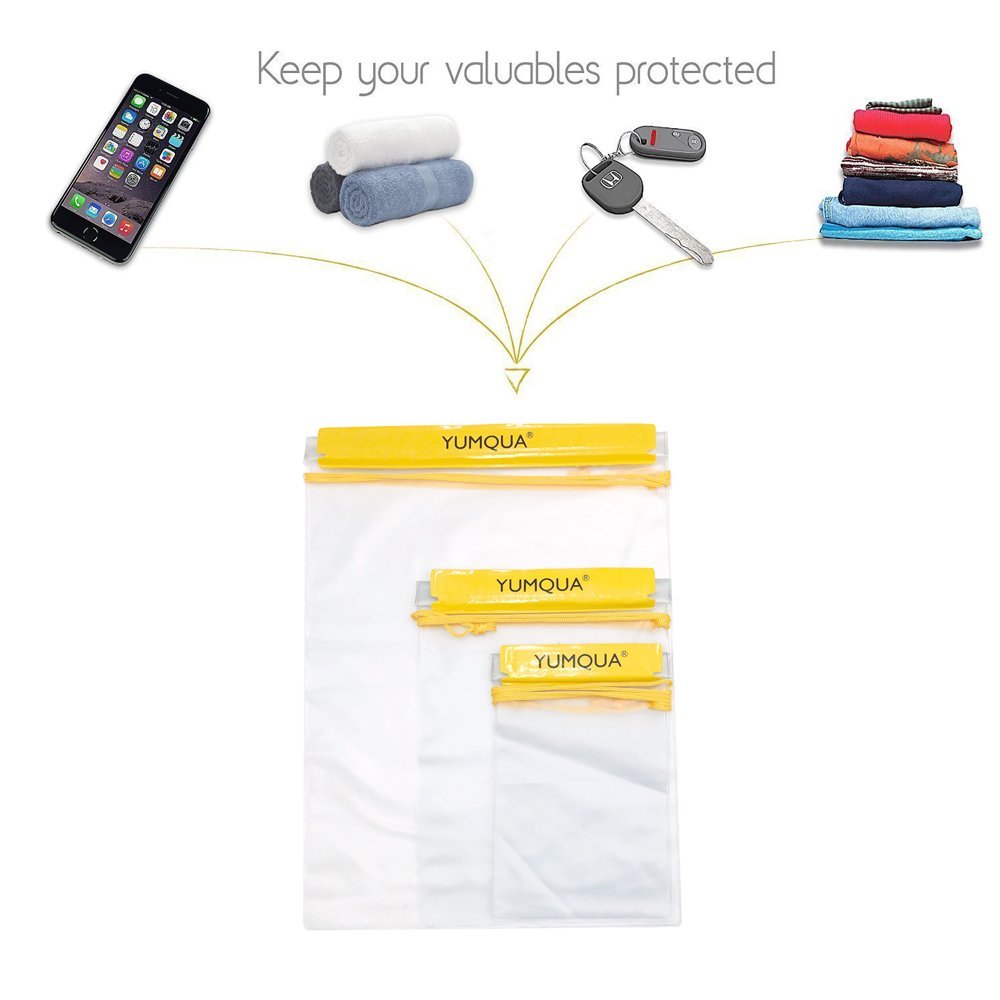
Are you still looking for spearfishing equipment? Then I recommend my equipment guide:
Harpooning/ Spearfishing Start – What do I need? Equipment Guide
If you have shot a nice fish, you have the possibility to enter it in the International Spearfishing Record List:
Inhaltsverzeichnis
Spearfishing America
Whether bow fishing or spear fishing, in the sense of the law all fall under the collective term spearing. Spearfishing, like fishing, falls within the jurisdiction of each state. That means federal laws have no authority there.
Spearfishing is actually legal in most US states. Once you have your necessary license, you can go fishing. However, you must know that a license from one state will not allow you to spearfish in another state. In addition, each state has its own set of rules and regulations that not only determine when you can go spearfishing, but also what species can be hunted.
So which states allow spearfishing? And what about the need for a license and regulations in the respective states? We’ve put together this guide to help you navigate the complicated rules of spearfishing in the US states and what you need to know before you head out on your dream vacation, spear in hand.
Spearfishing Florida
The Sunshine State is the jewel of the South East Coast. Let’s talk about pristine waters, bright skies, bright sun and miles of beautiful beaches. And spearfishing is totally legal here.
The Florida Keys are considered the center of spearfishing in the entire state. Here, spearfishing is more than just a hobby as it has its roots in the history of the tribes that once roamed this land.
Florida also promises warm water, which again doesn’t require heavy wetsuits. Fish are plentiful and you can choose from lionfish, snapper, grouper, hogfish and lobster.
License
The good news is that you don’t need a special license to spearfish in Florida. Your saltwater fishing license should do the trick. However, since the waters are teeming with lobster and you won’t want to miss the opportunity to skewer one, you’ll need to get a lobster stamp on your fishing license
Florida license fees vary depending on whether you are a Florida resident or nonresident. For residents, the annual saltwater spearfishing fee is $17. A 5-year license is only $79, while fishing from shore is free. For visitors, a 3-day license costs $17, while $30 lets you spearfish 7 days straight and $47 lets you spearfish for a full year.
Rules and Regulations
Just because you’re licensed, you should do your best to abide by the rules and regulations. Florida is pretty strict about what marine life you can spearfish and when you are allowed to. Here are some of the most important rules and regulations in Florida.
Spearfishing is prohibited in fresh water. Only salt water is permitted.
Spearfishing is prohibited within 100 yards of designated public swimming areas, fishing piers, or submerged jetties.
The upper Keys is considered a spearfishing-free zone, stretching from Miami to Dade County to Long Key.
Several species of fish are disallowed for spearfishing including white marlin, sailfish, swordfish and blue marlin.
Spearfishing Hawaii
When it comes to Hawaii, the rules of the game change dramatically. We’re not just talking about the fish species, warm water and amazing underwater scenery. We also mean the rules that govern spearfishing itself.
For Hawaiians, spearfishing isn’t just a hobby or a quick way to make money, it’s part of their culture and history. Long before European ships docked their shores, Hawaiians spearfished to survive. It was considered a clean and environmentally friendly way to fish. Instead of catching everything that randomly falls into the net, spearfishing is more precise and selective.
License
For this reason, spearfishing in Hawaii is considered a right rather than an option. You don’t need a license to go spearfishing in the pristine waters of the thousands of islands there. You can take your harpoon and look for any fish you like as long as it’s not protected.
Nevertheless, there are still rules and regulations to protect fish species. These mainly have to do with the size of the fish and the bag limits. However, you still need a fishing license when spearfishing in regulated areas. Children under the age of 9 do not need a certificate. A license costs $6 for residents and $26 for foreigners.
Rules and Regulations
There are two types of regulations governing spearfishing in Hawaii. The first has to do with which areas you are allowed to spearfish. The other protects certain species of fish and marine life.
The regulated areas that require a fishing license are Kauai, O’ahu, Maui County, the island of Hawaii and the Northwest Hawaiian Islands Marine Sanctuary.
The other regulations protecting fish do not have fish on the menu. Rather, they focus on the size of the fish and limit each person to one bag per day.
Spearfishing California
As usual, the large state of California has its own set of rules and jurisdictions that do not necessarily mirror local or state laws in the rest of the country.
However, as far as spearfishing is concerned, it is both legal and illegal. It is legal for people who enjoy spearfishing recreationally. But when it comes to commercial spearfishing, the hand of the law is both heavy and unyielding. So keep that in mind the next time you consider spearfishing to supplement your income.
If you are a California resident and are 16 years or older, you can apply for an annual license either online or through a licensing agent. You can also go to the CDF License Sales Office to get a license. Non-residents can also obtain a license from the sources above, but the fees are slightly different.
License
For Californians, an annual spearfishing license, which is identical to a fishing license, costs about $51. Non-residents have to spend $137 to get the same license. All licenses are valid from January 1st to December 31st of the same year.
Rules and Regulations
Spearfishing is only allowed in certain areas and must take place in season. The purpose of these regulations is to protect fish species and prevent overfishing in and around local waters.
Some species are prohibited by law for spearfishing. These include:
Sea Bass
California Grunion
Crayfish
Red Abalone
Other species of fish including scorpion fish, ling cod, leopard shark, sturgeon and tuna have their own season. You will need to check with local authorities or online which species are open at what time of year.
Spearfishing Australia
Australia is considered by many to be the blessed land of spearfishing, big fish, huge reefs lure the spear to this amazing country. But beware, every state has its own rules and laws when it comes to spearfishing. Luckily, the Aussies themselves are a fish-mad bunch. The rules and important links can be found in the following sections.
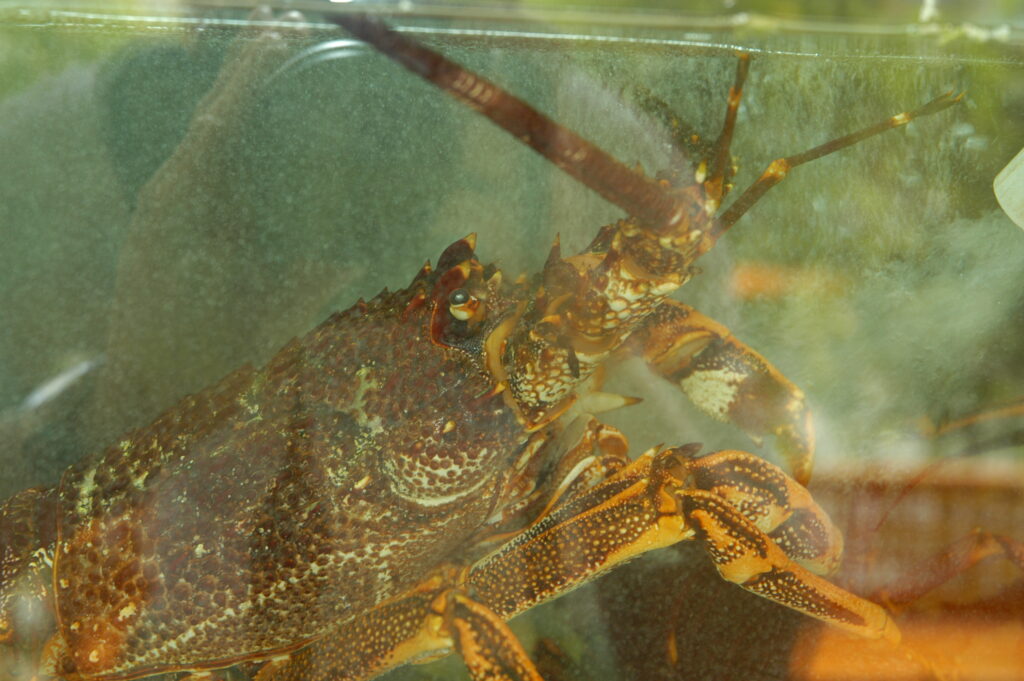
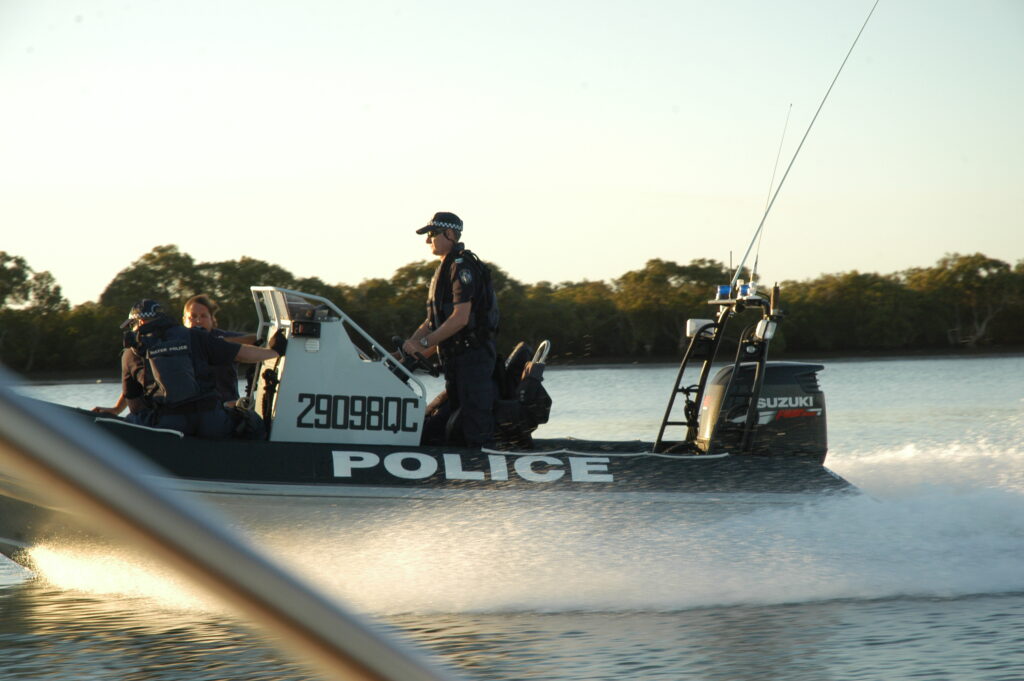
New South Wales
Spearfishing in NSW is a popular form of recreational fishing and has been recognized for its selective fishing practices. Spearfishers in NSW are required to pay the NSW recreational fishing fee (buy online at the link) . This costs:
- $7 for 3 days
- $14 for a month
- $35 for a year
- $85 for 3 years
Please note: all inland waters are closed to spearfishing as well as various areas along the coast. For more information, please visit the Spearfishing Closures page.
For spear fishermen, the same rules and regulations regarding bag limit and size restrictions, including the following:
Allowed
- Fishing with snorkel
- Scuba (for scallops and sea urchins only)
- Lobster: Bare/gloved hands only
Forbidden
- Use a flashlight
- Pulses and explosive devices
- Spearfishing on sea beaches (except for the last 20m at each end of the beach)
- Many Entrances, coastal lagoons and other tidal waters are closed to spearfishing.
Northern Territories
The Northern Territory also provides information about spearfishing in this state on the official Marine and Aquaculture website, you can find the link below this post. All neatly and neatly summarized in one PDF:
Fishing in Australia’s Northern Territory – PDF Guide
South Australia
The state of South Australia also provides information about spearfishing in this state on the official Marine and Aquaculture website, you can find the link below this post.
Spearfishing in South Australia – Official Ministry of Marine and Aquaculture
Queensland
Spearfishing and Spear gun are permitted in some waters (for waters closed to spearfishing see Closed waters. A so-called powerhead is only allowed to ward off sharks.
The use of any scuba gear other than a snorkel is not permitted when catching fish, whether by spear, harpoon, hand or otherwise.
Spearfishing for barramundi is prohibited between 6pm and 6am.
More information can be found at: https://www.qld.gov.au
Victoria
The state of Victoria also provides information about spearfishing in this state on the official Citorian Fishing Authority website, you can find the link below this post.
Victorian Fishing Authority – Official Site of Fishing rules in Australia – Victoria
Western Australia
All relevant information about spearfishing in Western Australia can be found on the official government website of the Department of Fishing and Aquaculture of Western Australia:
Spearfishing South Africa
I have already written a detailed report on spearfishing and angling in South Africa, which I would like to refer to here. There you will also find a lot of information about safety, which is often asked for, and a lot of other important information. In general, however, one can say that you can get a spearfishing license in every post office, it doesn’t cost much and it’s pretty quick.
Spearfishing Egypt
Spearfishing is strictly prohibited by law in Egypt, especially in the Red Sea. This ban is in place to protect the delicate marine ecosystems and preserve fish populations.
It is important to note that violations of these regulations can result in significant penalties. Therefore, both visitors and locals should adhere to these rules to help safeguard Egypt’s valuable marine habitats.

Spearfishing Indonesia
Although no official license is required for spearfishing, local regulations must be followed, and the marine environment must be respected. Spearfishing is generally allowed in Bali, Lombok, and Java, but there are clear rules regarding permitted areas and methods. Certain areas are protected, meaning spearfishing is prohibited there. Additionally, harpooning with scuba diving equipment is not allowed. To ensure compliance with the applicable regulations, it is advisable to check with local authorities or a spearfishing charter in Bali, Lombok, or Java in advance.
Here is a blog article about my spearfishing experience in Indonesia when I was on the Gili Islands in Lombok:
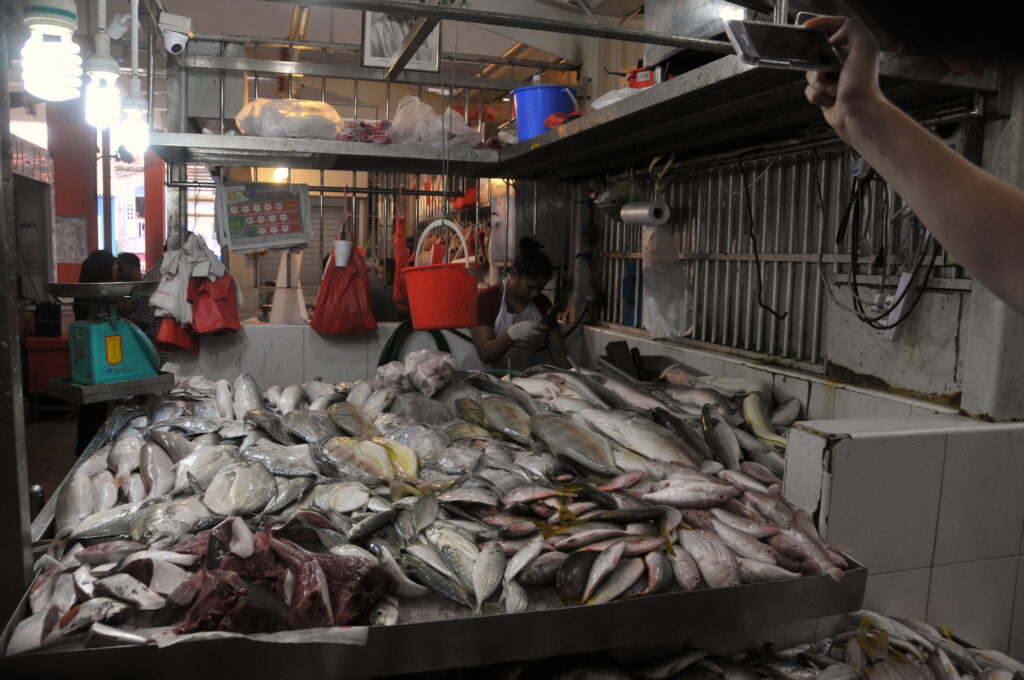
Spearfishing Japan
In Okinawa Prefecture, specific regulations apply to recreational fishing to protect and sustainably manage marine resources.
Recreational fishers are allowed to use certain fishing gear and methods, such as rod and line fishing, trolling without boats, cast nets, set nets, scoop nets, and the manual collection of marine organisms using simple tools like shovels or rakes that can be operated with one hand.
It is important to note that spearguns are prohibited for recreational fishers and are reserved exclusively for commercial fishing. Additionally, the use of scuba diving equipment for spearfishing is strictly forbidden. The use of traps and gillnets is also not permitted for recreational fishers.
A “pole spear” (hand spear) is allowed for recreational fishing. This refers to a device where the spear tip and handle are firmly connected. A rubber band may be attached to the end of the handle, but it must only generate enough tension for the handle to remain in the user’s hand when released.
Furthermore, the collection of certain marine organisms is strictly prohibited. This includes specific coral species, sea cucumbers, juvenile eels of the Anguilla genus, as well as sea turtles and their eggs. The possession, transport, or sale of these protected species without the proper authorization can result in prison sentences of up to three years or fines of up to 30 million yen.
Additionally, some species are subject to exclusive fishing rights held by licensed fishing cooperatives. These include giant clams, certain species of snails, octopuses, and specific types of sea urchins. Capturing these species without proper authorization may be considered a violation of fishing rights and could result in legal consequences.
These regulations are in place to ensure the protection and sustainable use of Okinawa’s marine resources. Recreational fishers should always stay informed about the current regulations and strictly adhere to them to help preserve the region’s valuable marine ecosystems.
Spearfishing Thailand
Spearfishing is generally allowed in Thailand, but the legal situation is not always clear-cut, as regulations are often interpreted and enforced inconsistently. There are areas where spearfishing is technically legal but still not tolerated, as well as protected zones where locals sometimes manage to fish without consequences.
As a general rule, you should avoid popular snorkeling spots. In unprotected diving areas, spearfishing may be possible, but always with consideration for other water sports enthusiasts. Never fish near dive boats. Additionally, it is recommended to target only pelagic fish and leave reef species such as groupers, coral trout, and snappers alone to help preserve the ecosystem for divers and marine enthusiasts.
Like in many other countries, spearfishing is often misunderstood—especially due to reckless fishers who shoot at anything that moves. A respectful and sustainable approach is essential: take only what you truly need and avoid excessive catches.
Spearfishing with scuba diving equipment is prohibited in Thailand. It is only allowed while freediving (apnea). Even though a specific law banning it may not be readily available, it is strongly advised to avoid it.
The diving community is already skeptical of spearos, and even local spearfishers consider using an air supply to be an unfair advantage. If you make enemies with both divers and fellow spearfishers in Thailand, you are only asking for trouble—so it’s best to follow the rules and hunt responsibly.
Spearfishing Singapore
Spearfishing is illegal in Singapore, and possessing a speargun can lead to legal consequences. Travelers who enter Singapore or have a layover while carrying a speargun risk serious trouble with the authorities.
Since spearfishing is not allowed in Singapore, many enthusiasts travel to neighboring countries such as Malaysia or Indonesia, where they can legally engage in the activity. Bali also offers opportunities to learn spearfishing and join guided tours.
For those interested in fishing in Singapore, there are plenty of legal alternatives, such as boat fishing or shore fishing, which can also be rewarding experiences. However, travelers should always stay informed about local laws to avoid unexpected complications.
Spearfishing Vietnam
In Vietnam, spearfishing is subject to specific legal regulations that vary by region. While spearfishing is permitted in certain areas, it is strictly prohibited in Marine Protected Areas (MPAs), such as Phu Quoc Island. Violations of these regulations can result in fines or other penalties.
In areas where spearfishing is allowed, there may be restrictions on fish species, catch limits, and minimum sizes to protect marine life. Therefore, it is essential to check with local authorities or experienced guides to ensure compliance with the applicable regulations.
Additionally, it should be noted that bringing spearfishing equipment into Vietnam may be considered as importing weapons. Proper declaration at customs is recommended to avoid potential complications.
To help protect Vietnam’s marine ecosystems and avoid legal consequences, all spearfishers should strictly adhere to local laws and regulations.
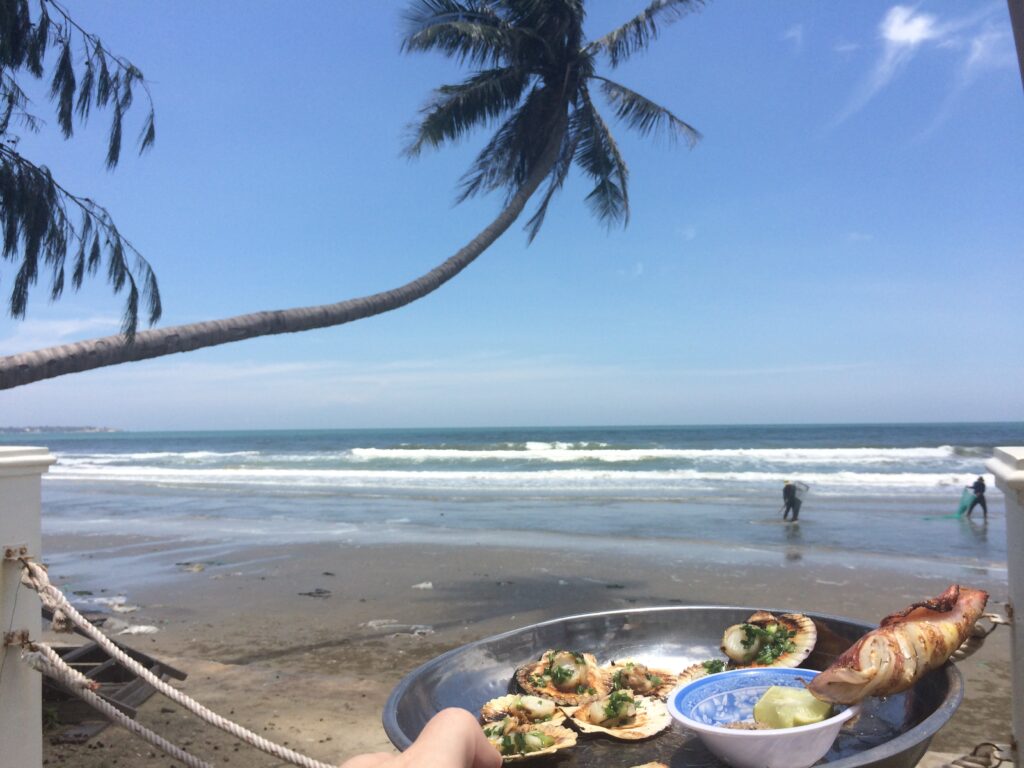
Spearfishing Malaysia
Licensing and Possession of Spearguns: The possession and use of spearguns require a special license from the Royal Malaysia Police, similar to a firearm license. Importing a speargun without the proper authorization is prohibited and can lead to legal consequences.
Spearfishing in Marine Protected Areas: Spearfishing is strictly forbidden in designated Marine Parks. Other fishing methods are also restricted in these zones and are only allowed at certain distances from the shore to protect marine ecosystems.
Law Enforcement: Violations of these regulations, including illegal spearfishing or the use of prohibited fishing methods, are strictly enforced by Malaysian authorities and can result in arrests and legal penalties.
Fishing Rules Malaysia:
https://faolex.fao.org/docs/pdf/mal163554.pdf
Spearfishing in Canada
Spearfishing is allowed in some Canadian provinces but is subject to strict regulations. The rules vary by region, with some provinces permitting spearfishing under certain conditions, while others impose significant restrictions or outright bans. In most cases, a valid fishing license is required.
Licensing
- A fishing license is required for spearfishing in most provinces, and the type of license varies depending on the region and fishing method.
- Licenses can be obtained from the respective provincial authorities.
Regulations by Province
British Columbia (BC)
- Allowed species: Lingcod, Rockfish, Greenling, and Flounder can be caught using a speargun. Catch limits and seasonal restrictions must be followed.
- Prohibited species: Spearfishing for salmon is strictly forbidden.
Ontario
- Allowed species: Only Carp and White Sucker may be targeted with a speargun.
- Restrictions: Possession of a speargun within 30 meters of a water body is prohibited unless specifically used for the permitted species.
Manitoba
- Allowed methods: Spearfishing is only permitted when the fisher is swimming and using a barbed spear.
- Prohibited species: Many species, including Brook Trout, Rainbow Trout, Smallmouth and Largemouth Bass, Northern Pike, Walleye, Catfish, Lake Trout, and Whitefish, cannot be harvested with a speargun.
Marine Protected Areas and General Bans
- Spearfishing is prohibited in many Canadian marine protected areas to safeguard marine ecosystems and fish populations.
- National parks and specific water bodies have strict regulations, with fishing of any kind often being completely banned.
Law Enforcement and Penalties
- Violations of spearfishing regulations are strictly enforced.
- Illegal spearfishing or the use of prohibited methods can result in hefty fines or legal consequences.
Since regulations differ between provinces and are subject to change, it is crucial to check the latest regional laws and ensure the necessary licenses are obtained before spearfishing in Canada.
Other countries in planning
The following countries are being planned here. If you have any requests or suggestions for other countries, write them in the comments!
Tunisia
Morocco
Russia

